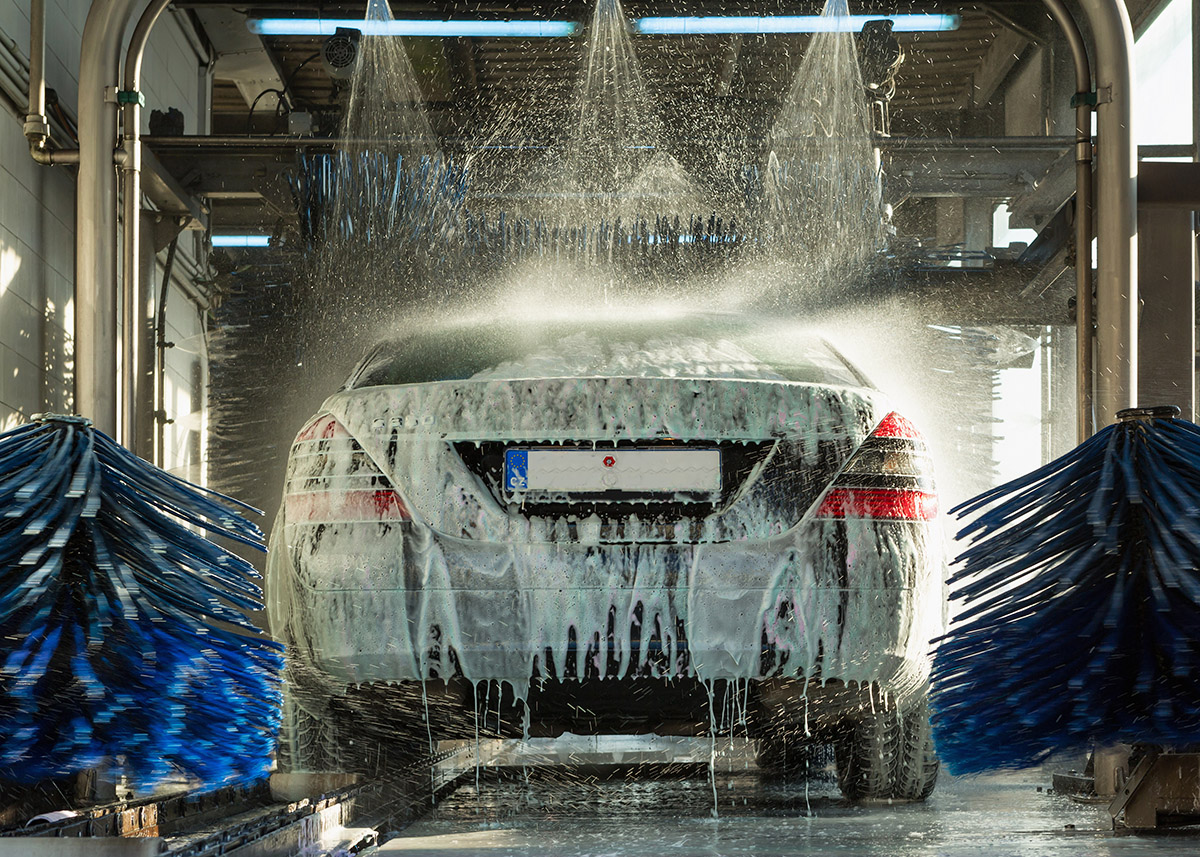The greatest obstacle to EV adoption may not be range anxiety, unreliable public charging, or even the high upfront costs, but rather the lack of consumer awareness about EVs. Like most electric drivers, I regularly field ridiculous questions both on the road and online, and some of the things people say to me reveal the wide reach and effectiveness of the anti-EV disinformation machine. Just last week, two acquaintances, on observing that I was driving a Prius, informed me that EVs “can’t use renewable energy” and that the batteries are “deadly.”
A more data-driven snapshot of the general level of cluelessness comes courtesy of the UK car leasing firm Nationwide Vehicle Contracts, which compiled a list of the top 10 EV-related questions asked by Americans on Google over the past year. Nationwide used Keywordtool.io to search for the top questions including the term “electric car.”
A few of the questions are sensible, and deserve sensible answers. For example, #6: “What if I don’t have a driveway?” EV drivers in Oslo and Amsterdam don’t seem to have a problem with this, as these EV-friendly cities have vast numbers of on-street chargers. For US drivers, my answer at the present time would unfortunately be: “Buy a hybrid for now.”
In the #7 spot is another reasonable concern: “Will air conditioning ruin my battery life?” By Nationwide’s calculation, blasting the AC can reduce range (which is not the same thing as battery life, by the way) by as much as 17%. You can mitigate this by pre-cooling your vehicle’s cabin before setting off.
However, most of the top 10 questions on the list Nationwide came up with are either self-evident, beside the point, or just downright stupid. (If you make your own query on Keywordtool.io you’ll come up with a different set of questions, but the ration of sensible to silly will probably be about the same.)
The folks at Nationwide did the right thing, offering serious, reasonable answers to all the questions on the list. I feel no such obligation, so my alternate answers may be marinated in a savory sauce of sarcasm (some recycled from my earlier piece, Snarky answers to stupid EV questions).
The top question on Nationwide’s list, posed by some 26,000 US Google users in a month, was: “Are electric cars safe?” Nationwide responsibly pointed out that EVs must meet the same strict design and manufacturing regulations as legacy vehicles. My answer: “No, they’re not. Neither are oil-burning vehicles. Some 43,000 people died in car crashes in the US in 2021. Get over it, or lobby for better public transport.”
The #2 question: “Can I charge my mobile phone?” Yes, of course, but if your EV is running in Eco Mode, it may limit the power sent to the USB port (I didn’t know this).
#3: “Are all electric cars automatic?” Yep.
#4: “Are electric car charging stations free to use?” Some are, some ain’t.
Now we get to the stupid stuff: (#5) “Are you allowed to take an electric car through a car wash?” Would anyone in their right mind buy a car that wasn’t safe in a car wash, or in the rain? Maybe, because some 2,350 people, in one month, asked this question on Google.
#6: “Can you drive through standing water?” No, not in any kind of vehicle, unless it has enough ground clearance to keep well clear of the drink.
#9: “Can an electric car cause an electric shock?” I suppose it could, but I didn’t worry about getting burned up in a gasoline fire when I drove an ICE vehicle, so I’m not going to worry about getting shocked now.
“How safe are electric car batteries?” It’s actually encouraging to see that this one is in the #10 spot (110 monthly searches), because it’s probably one of the top 3 tropes repeated endlessly by the online anti-EV armies. Average Joe may not know the difference between a hybrid and an EV, but you can bet he knows all about thermal runaway (scary, but extremely unlikely, Nationwide points out), has seen a photo of every EV fire (real or mislabeled), and can recite all the details of cobalt mining in the Congo.
Misinformation and the lack of information about EVs are problems, but also opportunities. Global EV sales increased by over 60% globally in the first half of 2022, so plainly many consumers do have access to the truth. If even a small fraction of their clueless colleagues could be educated about how EVs work (automakers, take heed!), that kind of sales growth could prove to be just the beginning.
Source: Nationwide Vehicle Contracts

